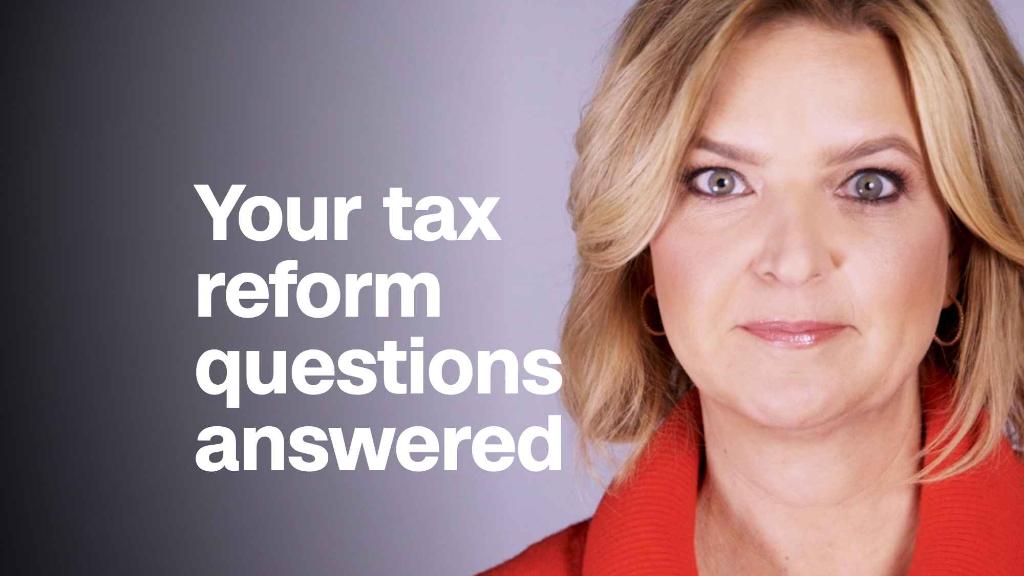
New York lawmakers have passed two proposals to let state residents skirt the new $10,000 federal cap on state and local tax deductions. But the plan could still be knocked back by the IRS.
The cap was one of the more controversial provisions of the Republican-led tax overhaul enacted in December. Democrats said it was aimed at hurting high-tax states that lean Democratic.
Under one option, New York taxpayers will be able to make a charitable contribution to new state-run charitable funds to finance education and healthcare.
Related: Yes, you can still deduct interest on your home equity loan
For doing so, they will get a state tax credit worth 85% of their contribution — which effectively reduces their state tax bill by that amount. They could then deduct 100% of their contribution on their federal return, since there is no federal cap on charitable deductions.
That is, unless the IRS objects and disallows those tax filers from deducting those state contributions.
At issue: Does the money represent real charity or just tax avoidance since it's paid in exchange for a personal financial benefit (i.e., the state tax credit)? The charity in question (the state), meanwhile, only gets a modest benefit worth 15% of the overall contribution.
"One hopes that the IRS will clear up any uncertainty with formal guidance before taxpayers try to take advantage of this legally dubious scheme. But if that doesn't happen, New York could be setting its residents up for a fall," noted Tax Foundation Senior Policy Analyst Jared Walczak in a blog post.
Related: 2018 federal tax cuts by state
The IRS hasn't indicated if or when it will issue guidance on how it would treat such a workaround. But its big boss, Treasury Secretary Steven Mnuchin, has openly scoffed at the idea.
"It's one of the more ridiculous comments to think that you can take a real estate tax that you're required to make, and dress that up as a charitable contribution. I hope that the states are more focused on cutting their budgets and giving tax cuts to their people in their states than they are on trying to evade the law," Mnuchin said in January.
But some, like Kirk Stark, a tax law professor at UCLA, have noted there are many past examples in which the IRS and the courts have blessed the federal deductibility of state-level charitable contributions made in exchange for generous state tax credits.
New York Governor Andrew Cuomo, who is expected to sign the measure, called the federal SALT cap "an economic arrow aimed at the heart of this state's economy." The bill's charitable contribution provision is "rooted firmly in precedent," a state budget division spokesman added.
A second, more complicated option
The New York legislature approved a second, far more complex proposal to skirt the SALT deduction cap. But this option would not be a matter of choice for residents but rather for their employers.
Under the legislation, companies could opt to use an alternative employer compensation expense system. That system would shift the state tax burden from partially deductible personal income taxes paid by employees to fully deductible employer-side payroll taxes, according to University of Chicago law professor Daniel Hemel.
In exchange, employees' paychecks would be lowered by some amount to reflect that removal of their state income tax burden.
"This might work in theory, since employees are ... better off under the arrangement," Walczak said. But due to contracts, union agreements and a human resistance to what will look like pay cuts, he noted, "[e]mployers can't just slash salaries willy-nilly, even if there's a good argument for it being to the employees' benefit."
